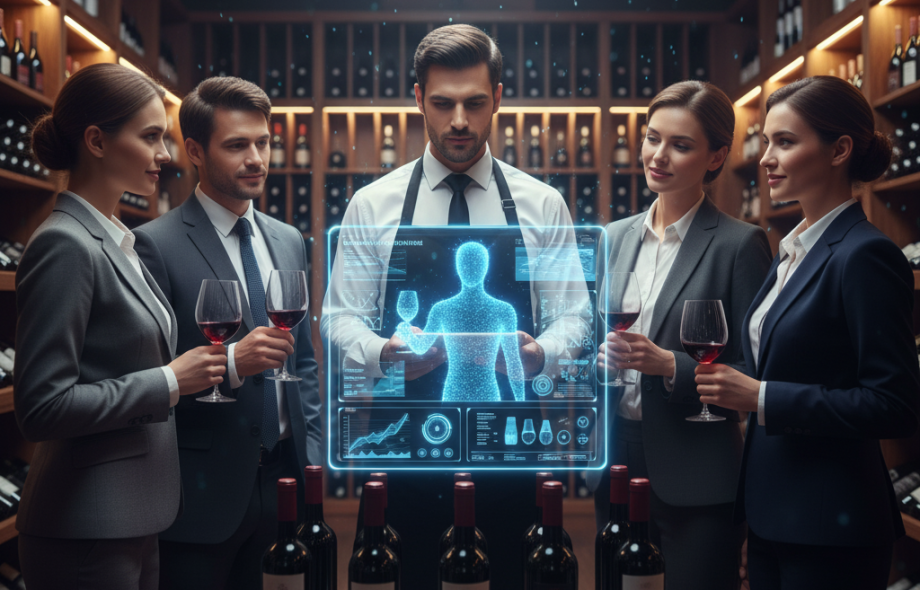In recent years, the world of wine has seen a significant shift towards the integration of technology into the traditional sommelier role. One of the most exciting developments in this space is the emergence of digital sommeliers. These innovative digital tools are revolutionizing the wine industry by providing personalized recommendations, educational resources, and enhancing the overall wine-tasting experience for consumers.
Digital sommeliers utilize sophisticated algorithms and data analytics to analyze a user’s preferences, taste profiles, and budget constraints to offer tailored wine recommendations. By inputting information such as food pairings, flavor preferences, and even mood or occasion, users can receive personalized suggestions that align with their individual tastes. This level of customization not only makes it easier for consumers to navigate the vast world of wine but also elevates their overall dining experience.
Furthermore, digital sommeliers provide valuable educational resources to users, offering insights into various wine regions, grape varieties, and production techniques. These tools facilitate a deeper understanding of the complexities of wine, empowering consumers to make more informed choices and cultivate their palates. Additionally, some digital sommeliers feature virtual tasting experiences, allowing users to explore different wines from the comfort of their own homes.
The convenience and accessibility of digital sommeliers have also been particularly beneficial during the global pandemic, where in-person dining and wine tasting experiences have been limited. With the rise of e-commerce platforms, consumers can now purchase recommended wines directly from the digital sommelier app, further streamlining the purchasing process.
Moreover, the integration of Artificial Intelligence (AI) and machine learning algorithms in digital sommeliers continues to enhance their capabilities. These technologies enable the system to learn and adapt to user preferences over time, refining recommendations based on past interactions. As a result, the recommendations become even more personalized and accurate, fostering a stronger connection between the consumer and the wine they enjoy.
Overall, the rise of digital sommeliers represents a significant advancement in the wine industry, bridging the gap between technology and tradition. By offering personalized recommendations, educational resources, and convenience, these digital tools are redefining the wine-tasting experience for consumers around the world.
 :
https://www.pinterest.com/xceltec0192/
:
https://www.pinterest.com/xceltec0192/












